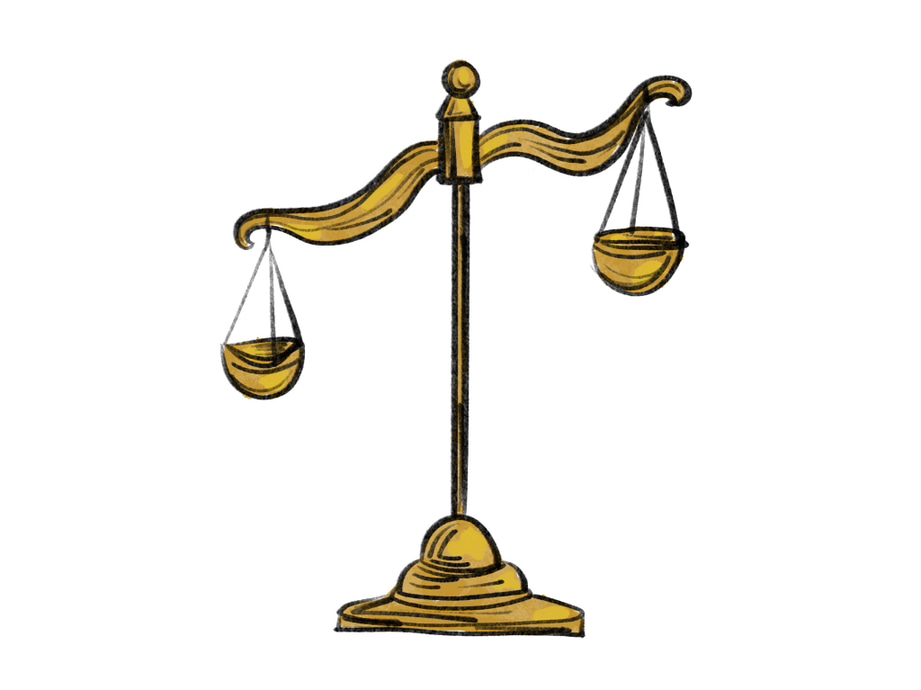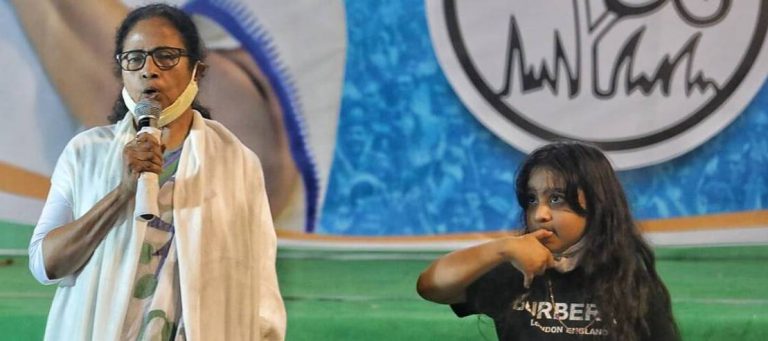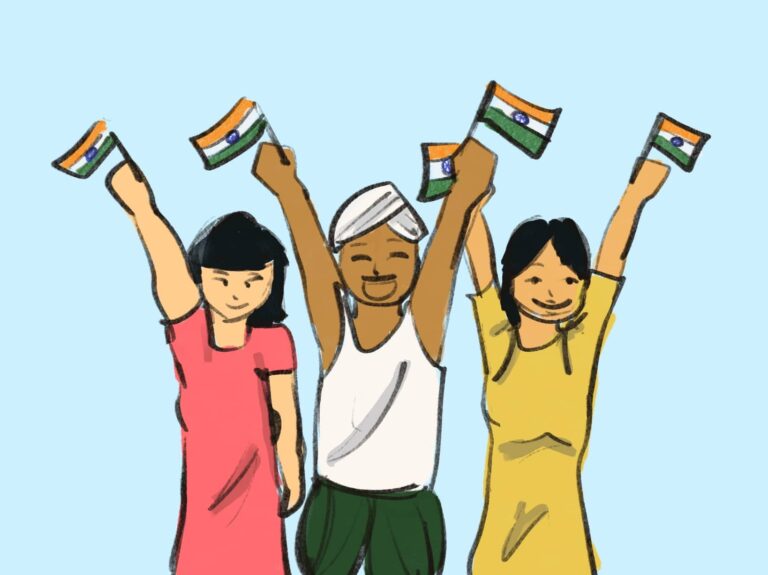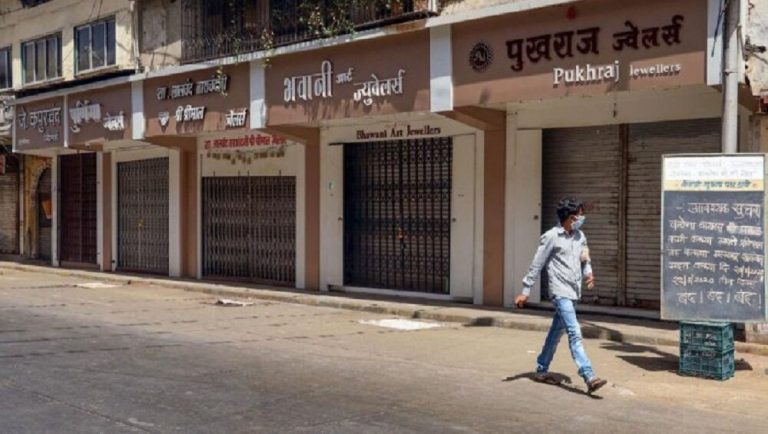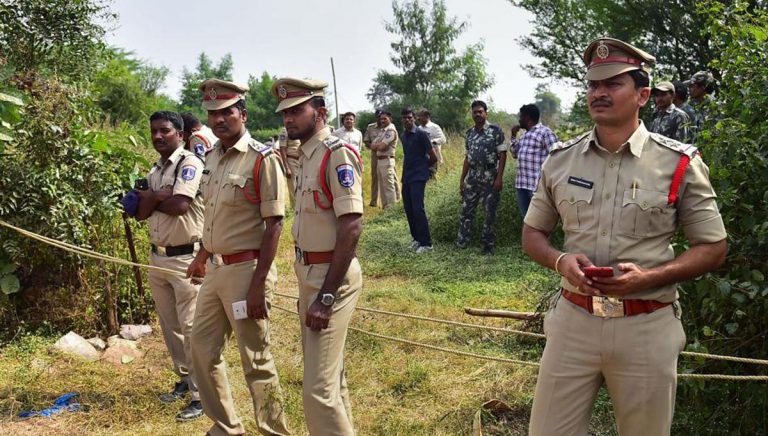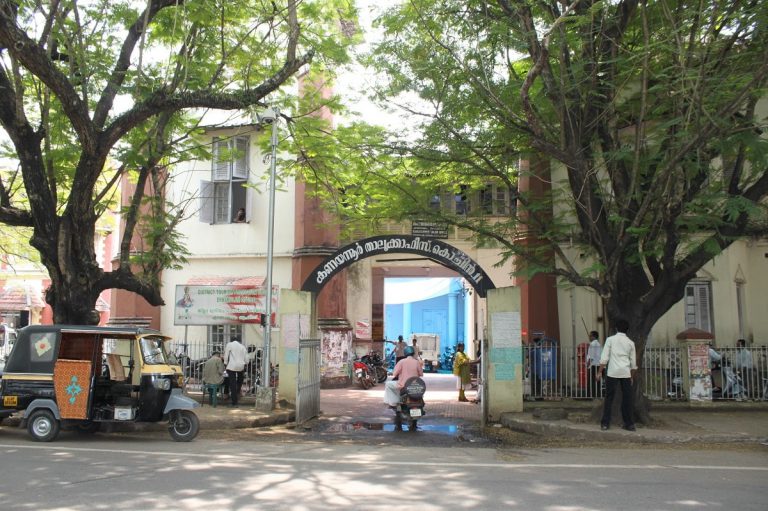Why evidence-based decision making is the need of the hour in India
“In a time of uncertainty, facts provide clarity; In a time of anxiety, facts comfort; In a time of misinformation, facts correct; In a time of division, facts unite; In a time of crisis, facts matter most.” The CNN news promo centered around coronavirus elegantly captures the importance of data sharing and factual reporting in fighting the COVID-19 pandemic. Recent events in India have witnessed the Supreme Court (SC) led by the newly appointed Chief Justice, leading India to light. In response to the oxygen shortage crisis, the SC has formed a national task force comprising of top experts and doctors to come up with an optimised and robust system to allocate and distribute oxygen supplies to all the States and Union Territories in an effort ‘to provide a public health response to the pandemic on the basis of a scientific approach’ and urged ‘leading experts in the country’ to work with it ‘both as members and resource persons’. The top court has expressed its dissatisfaction with the ‘rough and ready’ approach of allocating oxygen based on a crude and unscientific way of looking at the number of ICU/ Non ICU beds available in a hospital. It gives us hope to see such institutes of importance expressing contempt for irrational policies not backed up by any data-based evidence and quickly responding to involve and bring together the top experts in the country to evaluate the situation and guide the nation. The Centre should also come forward to lead the COVID fight and team up with the scientific community to build better infrastructure and a strategy to combat the disease now and in time for the inevitable third wave. Towards the end of last year, the Central government set up INSACOG (Indian SARS-CoV-2 Genome Sequencing Consortia) comprising 10 institutes, which is advising the government on virus variants, a much-appreciated move. However, in a recent interview by Dr. Rakesh Misra, the director of Centre for Cellular and Molecular Biology (CCMB), one of the ten-member institutes of INSACOG, it was pointed out that experts had warned the government as early as March about a potential COVID surge, flagging the situation as ‘high concern’. They had first detected the Indian variant in February, shared the findings with the Union Health Ministry in March, which then conveniently ignored them, perhaps due to lack of full understanding of the gravity of the situation. It was also recently disclosed that the COVID 19 task force set up by the Central Government has not met since their meeting on January 11 till the explosion of cases in April this year. On condition of anonymity, the task force members speak about the lack of initiative by the government to convene a meeting to discuss future strategies despite the team flagging the situation as crucial. The Centre, even with the experts warning against potential variant’s surge, went on to permit conducting the ‘Kumbh Mela’ in March and April. This, along with the election rallies in large numbers without any regard for COVID appropriate behaviour sealed India’s present condition. Prof. Ashish Jha, Dean of Brown University’s School of Public Health, regarded as one of the experts on global health, termed the ‘Kumbh Mela’ as the ‘biggest super spreader event in the history of pandemic’. He also raised his concern about the government’s utter disregard for the indisputable data and refusal to be guided by the facts presented by the scientific community. Simply setting up teams and task forces is not sufficient. Constantly involving them in the loop and using the experts’ findings and analysis of the situation before policy-making is crucial to tap the full benefit of involving some of the best brains in the world. Science and policy-making should go hand in hand, especially during a pandemic. Even now, the Centre is dragging its feet to rise to the occasion and do the needful. Lack of planning regarding vaccination drives and letting the states, private hospitals, and industrial establishments compete for the vaccines from the manufacturers is stretching the limits of the state governments. Discrepancies in the official data of the COVID deaths, slapping FIR and threatening the community over SOS for oxygen supplies and hospital bed demands in some states, refusing to release data in a time-bound manner are hurdles the scientific community faces to make an accurate analysis of the ground situation in India. Evidence-based decisions and policy are, without doubt, the need of the hour, and denying it is pushing India to its doom due to sheer recklessness. Featured Image: AFSC
References
- The Lancet. (2021). India’s COVID-19 emergency. The Lancet, 397(10286), 1683. https://doi.org/10.1016/s0140-6736(21)01052-7
- Krishnan, V. (2021). Modi administration did not consult ICMR-appointed COVID task force before key decisions. The Caravan. Retrieved 9 May 2021, from https://caravanmagazine.in/government/modi-administration-did-not-consult-icmr-appointed-covid-task-force-before-key-decisions.
- Krishnan, V. (2021). India’s COVID-19 taskforce did not meet in February, March despite surge, say members. The Caravan. Retrieved 9 May 2021, from https://caravanmagazine.in/health/india-covid-19-taskforce-did-not-meet-february-march-despite-surge-say-members.
- Ghoshal, D., & Das, K. (2021). EXCLUSIVE Scientists say India government ignored warnings amid coronavirus surge. Reuters. Retrieved 9 May 2021, from https://www.reuters.com/world/asia-pacific/exclusive-scientists-say-india-government-ignored-warnings-amid-coronavirus-2021-05-01/.
- Coronavirus | Scientists’ body INSACOG shared analysis on new strains with government, says member. The Hindu. (2021). Retrieved 9 May 2021, from https://www.thehindu.com/news/national/coronavirus-scientists-body-insacog-shared-analysis-on-new-strains-with-government-says-member/article34492484.ece.
- Thapar, K. (2021). Kumbh Mela Shahi Snans Biggest Super-Spreaders in Pandemic’s History: Dr Ashish Jha. The Wire. Retrieved 9 May 2021, from https://thewire.in/health/watch-karan-thapar-ashish-jha-kumbh-mela-shahi-snan-covid-19.
- Thapar, K. (2021). ‘We Warned Govt in Early March of Covid Surge, Impossible to Believe Modi Wasn’t Told’. The Wire. Retrieved 9 May 2021, from https://thewire.in/government/watch-karan-thapar-covid-early-warning-modi-government-insacog-rakesh-mishra.
- Rajagopal, K. (2021). Supreme Court forms National Task Force for transparent oxygen allocation. The Hindu. Retrieved 9 May 2021, from https://www.thehindu.com/news/national/supreme-court-sets-up-national-task-force-for-transparent-oxygen-allocation/article34515284.ece.


